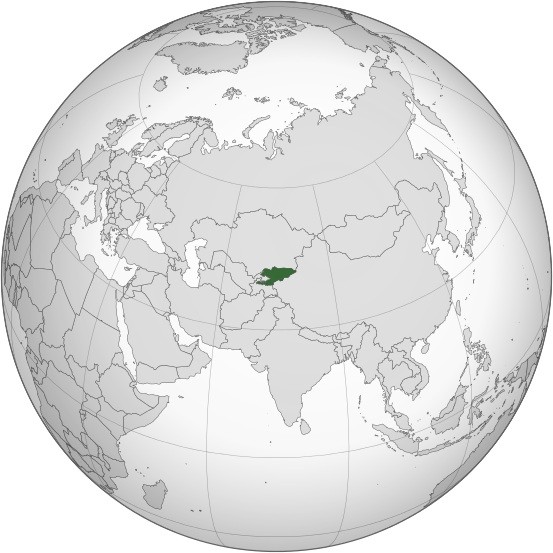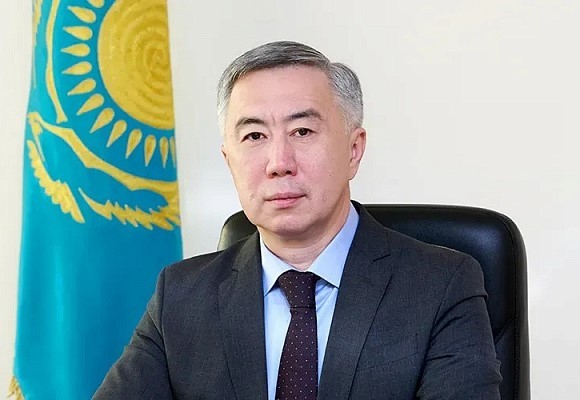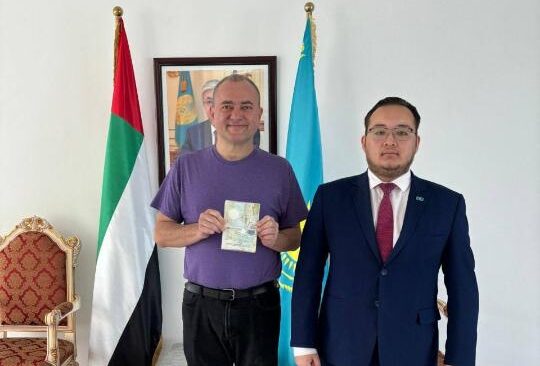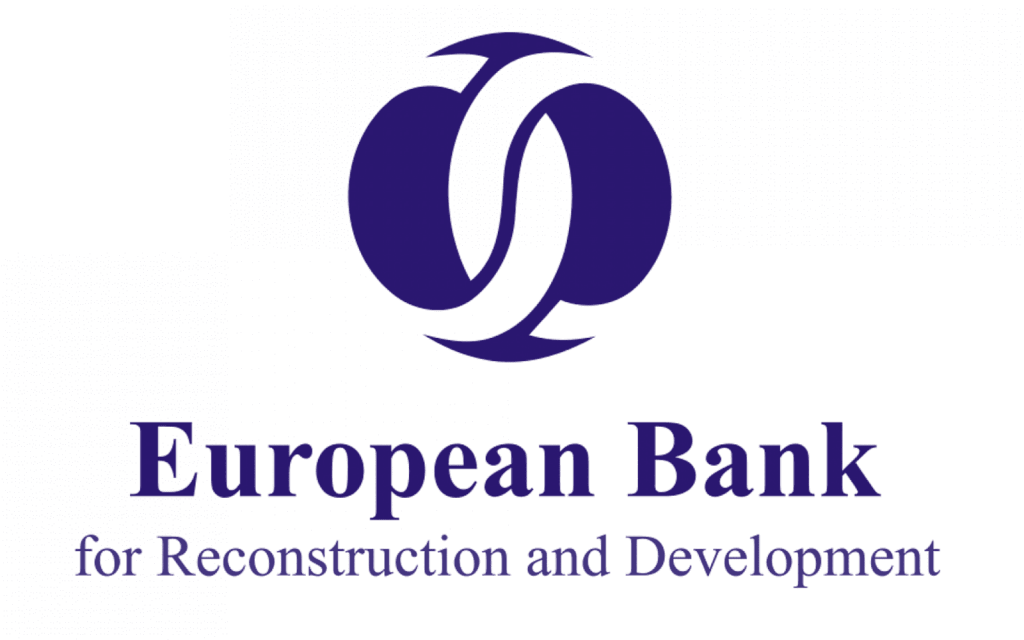BISHKEK (TCA) — Starting from 5 April 2017, a new Regulation establishing procedures and conditions for issuing Kyrgyz visas will come into force in Kyrgyzstan.
The document aims to increase the investment attractiveness of Kyrgyzstan, streamline the stay of foreigners in the country, and regulate migration policy and prevent terrorist threats, the Kyrgyz Ministry of Foreign Affairs said. The Regulation improves the conditions of stay of foreign citizens in Kyrgyzstan, eliminating a number of gaps in the current order of issuing visas.
Complicated and expensive
The old Regulation has been in force since 2009, and it no longer meets the rapid changes in the world and new challenges to migration including the growth of refugee flows and terrorist threats, the MFA said.
The imperfection of normative and legal acts did not contribute to raising the attractiveness and competitiveness of the country, including in the tourism and investment spheres.
Procedures for obtaining a visa were too complicated and the visa itself too expensive. An investor who paid $500 thousand could get a visa for five years, but he also had to obtain a separate work permit and a separate visa for his family members. The investor also needed to separately obtain visas for his employees and managers. Altogether it deterred investors.
The amount of $500 thousand was negative for Kyrgyzstan, the State Registration Service said. For many investors, it is a lot of money, because mostly investors from small and medium businesses come to Kyrgyzstan. Big investors are rare guests in this country.
Better conditions
From April 2017, the cost of the investment visa will be reduced more than threefold, from 35 million soms ($500 thousand) to 10 million soms.
Investment visas will be issued not only to investors themselves, but also to their family members (family visa).
Another new visa type — the transport visa — will improve the conditions for the movement of foreign citizens carrying out international cargo transportation throughout the country. This measure will enhance the trade and economic attractiveness of Kyrgyzstan, the MFA said.
The scope of the investment visa has significantly expanded, which, in addition to production, will cover industrial, agricultural, energy, banking, engineering and construction purposes, as well as information and communication technologies.
According to the new document, a single visa sticker will be introduced. Earlier, they were issued by the MFA and the State Migration Service. The sticker has now better protection and Kyrgyz ornaments.
According to the State Migration Service of Kyrgyzstan, about 12 thousand visas were issued in 2016. Chinese citizens mostly applied for visas (85%), followed by Turkish (18%) and South Korean citizens (10%), mainly for B category visa, that is for work and business.
In addition, many applications were for student visas from students from India, Pakistan, China and Korea.
Visa for ethnic Kyrgyz
To support ethnic Kyrgyz who are citizens of foreign countries, and to facilitate their travel to Kyrgyzstan, the new visa regulations provide for the issuance of an initial multiple entry “private” visa for up to one year for them.
During the period of the visa validity, ethnic Kyrgyz have the right to enter or exit the Kyrgyz Republic repeatedly or to permanently stay in the country to obtain the status of “kayrilman” (ethnic Kyrgyz resettled or wishing to move to Kyrgyzstan).
To obtain this type of visa, ethnic Kyrgyz (foreign citizens) need to provide documents about their ethnicity.
In 2016, 480 Kyrgyz visas were received by ethnic Kyrgyz in other countries. In the future, it is planned to completely relieve ethnic Kyrgyz living abroad from consular fees.
Business opinion
“Reducing the visa (cost) threshold is a very good measure to improve the investment climate in the country. The business community has repeatedly offered to reduce the visa threshold and simplify the procedure for obtaining visas,” Askar Sydykov, executive director of the International Business Council (IBC) based in Bishkek said.
“However, it is not enough to reduce the visa threshold, as the country still needs to simplify the procedure for issuing investment visas, which is still complicated,” Sydykov added.
The state should take care of issuing such visas, so that investors do not have to apply to various authorities. The IBC suggested creating separate structures in the Ministry of Foreign Affairs or Economy Ministry which could help investors to obtain visas.
In other countries, investors can fill in applications for a visa electronically. The excessive bureaucracy hinders the inflow of investors to Kyrgyzstan.
Kyrgyzstan can attract investors by issuing residence permits for investors. This practice is widespread in many countries including the European Union, the IBC director added.
“Being a landlocked country, Kyrgyzstan does not have a good infrastructure, and this negatively affects investment planning. Unpredictable legislation and inconsistency of decisions of various government branches deteriorate the situation. Our openness, including an open visa policy, can be good for attracting investors,” he concluded.









